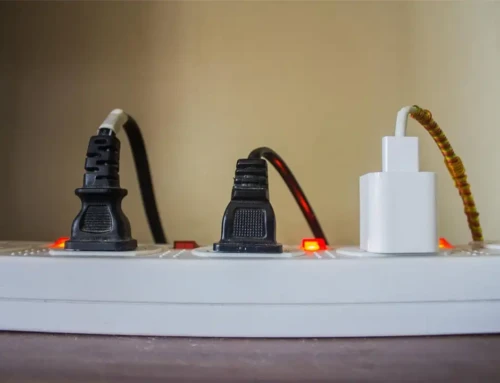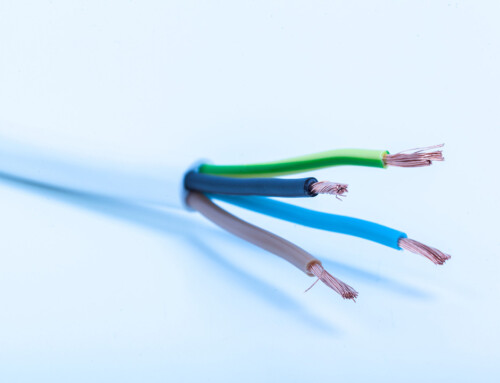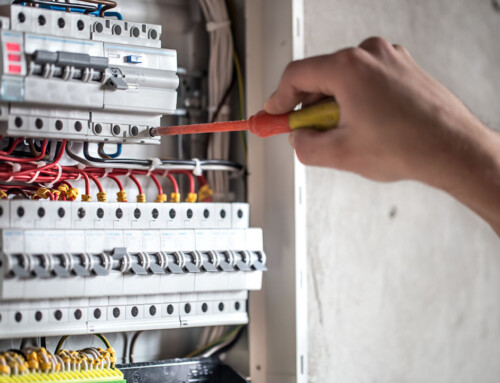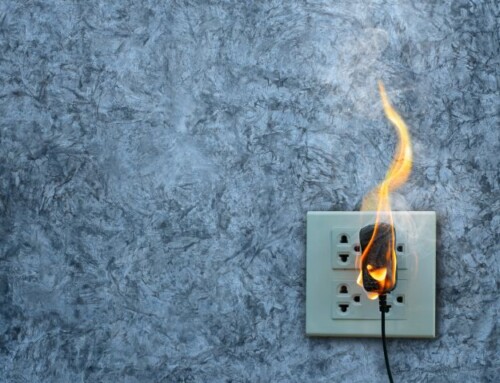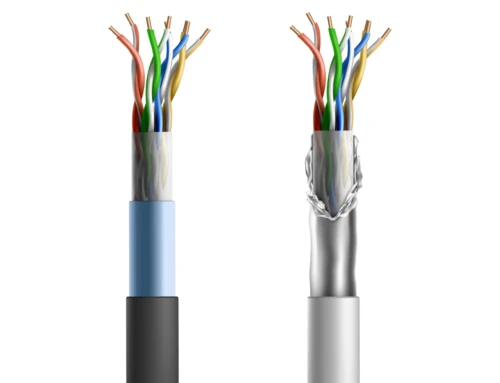Table of Contents
Each year, the United States sees over 45,000 home electrical fires and half of these involving home electrical wiring or lighting equipment. Winter months are the most dangerous with home electrical fires peaking from November to March. A fire is no joke, and you should make sure your house’s wiring and electrical systems are in good condition.
You should be aware of the warning signs that often precede dangerous situations. If you agree with or have observed three or more of the following, you should probably get your house wiring inspected or repaired-
- Your house is 30 years old, or more
- You’ve made some major changes to your house or added new appliances which could strain the existing electrical system
- The electrical outlets in your house are ungrounded (two-pronged), or the wires have aluminium cores instead of copper
- Switchplates, plugs or cords get hot under load, or they’re discoloured
- You notice a burning smell
- There is sparking or electrical arcing when you plug or unplug power cords
- Circuit breakers trip or fuses blow frequently
- Lights flicker or the brightness tends to vary
- You hear sizzling, buzzing or sparking sounds
- Plugs don’t fit well in a receptacle or tend to disconnect, even momentarily, when jostled
- Insulation on wires is frayed, cut, cracking or otherwise damaged
- Your AFCI, GFCI or other outlets are not working
If you observe more than 5 issues you should probably consider rewiring
Average Cost of Rewiring a House
The average cost to rewire a house is about $4,000 for a 1,500 square-feet home, but there can be a considerable variance. Expect the price to rewire a house to be anywhere between $1,500 and $6,000 with labour and materials, though it depends a lot on the extent of repairs, replacements or upgrades your house needs.
Rewiring a House
Set a Budget
Home improvement projects have an annoying habit of suddenly becoming very expensive. Once you have a plan ready, list out all the expenses involved and start creating a budget. You can save money by doing a lot of the work yourself, like cleaning, moving furniture, carpeting and floorboards, and you can even chase the walls yourself.
No matter how tight a budget you’re on, materials are one place you shouldn’t cut costs. Saving a few bucks isn’t worth the risk of an incident, so if you’re on a very tight budget, consider breaking it up into smaller projects instead.
Have a Plan
If you’re doing the rewiring yourself, you’ll need to plan what you’re going to install, and how you’re going to install it. Make a list of the existing circuits and appliances, and what will be stored, upgraded or installed. Think about your future needs as well and try to accommodate them in your rewiring plan.
Find a Qualified Electrical Contractor
Even if you know what you’re doing, you should always have a qualified electrical contractor whom you can call when needed. If you’re not able to find one through personal recommendations, talk to local professional, construction or even trade associations.
Make sure you connect with a certified professional to inspect the electrical wiring, vet your circuit map and plan, and to inspect or certify your work once it’s done.
Stages of Electrical Rewiring
There are two stages of electrical rewiring-
- Replacing the circuitry, wires, cables, panels and mounting boxes
- Installing light switches, fixtures and faceplates, connecting everything and going ‘live.’
DIY Electrical Rewiring
Rewiring a house is no easy task, but if you have the right tools, skills and experience, you can save money and attempt to do it yourself. Start by getting familiar with local permits and electrical codes, and mapping the circuits you will be working on. Electrical rewiring is a lot more than just swapping out older wires.
For example, a lot of older houses used 60-amp panels, which may be undersized (and additionally might not qualify for homeowner’s insurance). Modern homes typically use 100-amp, 150-amp or 200-amp panels. Houses wired in the 1980s or later will probably just need a few upgrades or repairs to the electrical wiring.
Taking the DIY route for rewiring a house can definitely save you money, but the one place you really shouldn’t cut corners is the quality of materials. Of course, you can still save money without compromising on quality by getting your supplies from D&F Liquidators. We have a large inventory of electrical supplies, circuit breakers, and safety switches.
Contact us at 800-458-9600 for reliable electrical materials from top brands at competitive rates.


